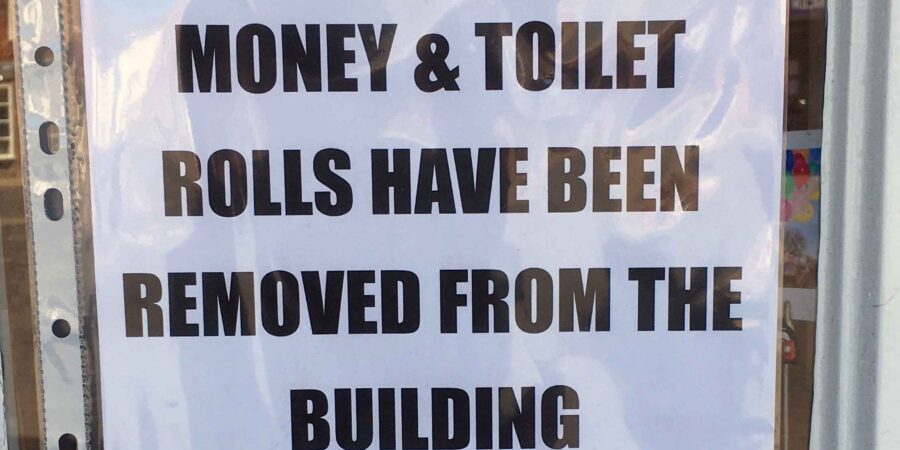I can hear a neighbour a few doors down playing the piano. It’s ‘The Entertainer’ again – Scott Joplin’s joyous ragtime tune. She’s getting better day by day. There will come a time when I won’t be walking past her house every day, and the noise of traffic, aeroplanes, schoolkids in the playground return to full volume and cut out these more intimate sounds. She will stop practising and have to return to marking books and preparing lessons. She’s a teacher.
I wonder how much lockdown will affect children’s lives and change the curriculum – if at all? Are youngsters benefiting from all the activities, classes and educational material available online? One thing, for sure, is that the new vocabulary that has arisen, since the arrival of Covid-19, has become part of our culture.
How quickly we’ve accepted this new language – coronaspeak – presented by politicians and the media, with their constant repetition in our daily dialogue. I heard a child of about five in a supermarket queue, reminding her mum in a loud voice to ‘social distance.’ They’re fast learners, children. We’re all caught up in this strange new world.

I have been collecting examples of words which have been created or hi-jacked with a new meaning – furlough being one them. This reflects the military rhetoric that began straightaway with the politicians, who set the tone at the beginning:
fighting the virus
the silent enemy
in the frontline
NHS heroes
Many new words followed the same principle as Brexit-related words, slapping a corona or covid prefix to create a new word.
Here are some from my collection which you have probably come across:
coronageddon, covidiot (an early favourite of mine), covideo party, coronaverse (I’ve dabbled in some angst poetry myself), covexit, WFH, elbow bumps, new normal, flattening the curve, falling through the cracks, lockdown, quaranteam, self-quarantine, super-spreader, support bubble, Zoom bombing (how quickly we all forgot Skype).
Another favourite is Bursday – no idea what day of the week it is because of the effect of lockdown – something familiar to retirees, and we writers, who often WFH.
How many of these words and phrases will survive? Do they only belong to this period of our lives or will some of them, we have so readily embraced, become fixed in our linguistic repertoire.
Perhaps, in years to come, we will need footnotes to the news reports, articles and books written in 2020 to explain their meaning and context. If a vaccine is found, then let’s hope that these buzzwords become irrelevant, and fade away along with the virus.

